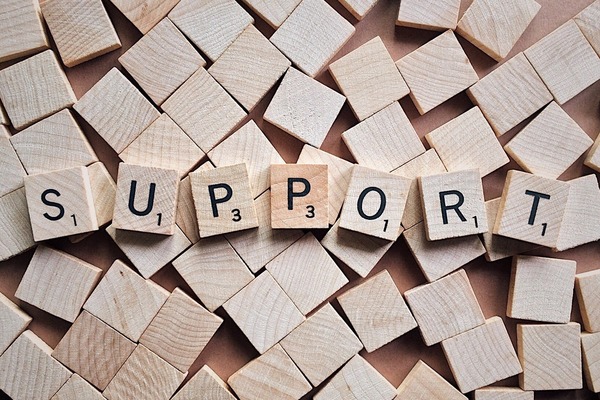Financial support for communities impacted by the Black Saturday fires is continuing.
In January, the 36 projects shared $555,963 through the Grants for Resilience and Wellness (GR&W) and Community Group Futures (CGF) programs.
This funding was made possible through the Victorian Bushfire Appeal Fund (VBAF) which the general public contributed to in the immediate aftermath of the fires.
GR&W will support 27 community groups with $425,082 to implement projects.
To date, the program has funded 200 community strengthening and resilience-building projects with more than $2.6 million.
The CGF program will fund $130,881 across nine community groups and to date has funded 43 projects, valued at $513,656.
It supports not-for-profit organisations to think beyond day-to-day operations and look ahead to ensure they can meet ongoing community needs.
Cire Services will receive $11,021 for a supported playgroup for the Healesville area based at Badger Creek to increase support and reduce isolation for local parents.
Toolangi District Community House will receive $5457 for a portable stage for the CJ Dennis Hall, to support cultural development and improve audience experience, and $8800 for solar panels for the house.
Yarra Valley ECOSS in Wesburn will use its $20,000 grant for a project development officer.
Firefoxes Australia Women Rising Together From Black Saturday will use $20,000 for its 90 Up: Stars burning brightly project.
The group aims to capture and share stories from Murrindindi Shire residents aged over 90 to increase awareness of how to overcome adversity and build resilience.
The Royal Historical Society of Victoria will spend $20,000 on equipment and training to preserve local history at four historical societies in bushfire-prone areas, including Marysville.
“Community needs continue to evolve and local leaders – many of whom have been involved since 2009 – continue to find ways to support the community and bolster their resilience in the years to come,” Foundation for Rural & Regional Renewal (FRRR) CEO Natalie Egleton said.
“While it’s nearly a decade since this horrific event, it’s important that these communities take the time to reflect on the impact the fires had and, in many cases, continues to have.
“As in the aftermath of the fires, it’s the communities themselves who know how to serve their people best, and we are pleased to be able to support them in achieving this.”







